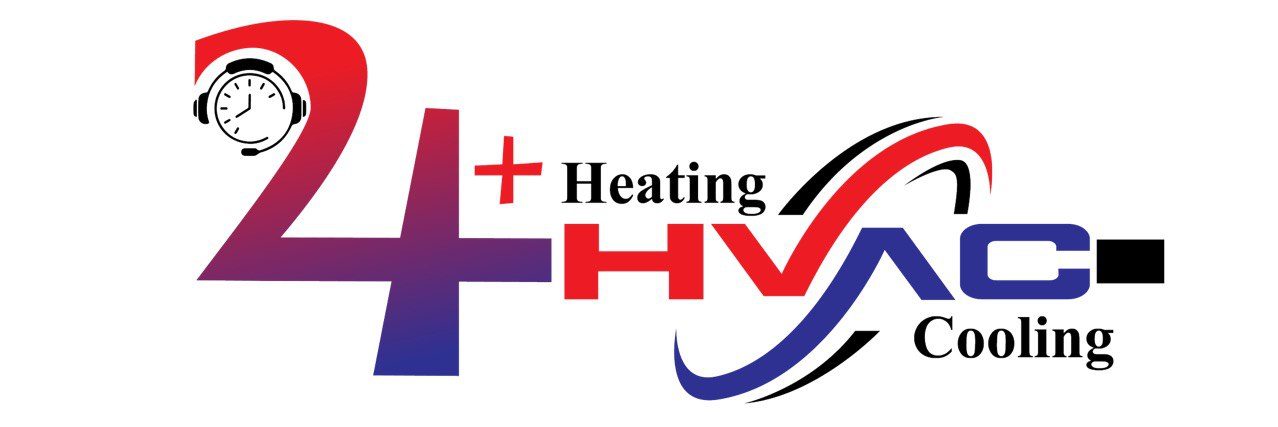Introduction
Heating services are essential for maintaining a warm, safe, and energy-efficient home. From installation and repairs to regular maintenance, understanding the range of heating services available can help you make informed decisions that save money and enhance comfort. With advances in HVAC technology, homeowners now have access to energy-efficient solutions that reduce costs and environmental impact. In this comprehensive guide, we explore everything you need to know about heating services, focusing on expert advice, industry best practices, and essential tips to keep your heating system running smoothly all year round.
1. Types of Heating Systems and Services
- Furnace Systems: Gas, electric, and oil options
- Heat Pumps: Energy-efficient heating and cooling combined
- Boilers: Hydronic heating for even warmth
- Radiant Heating: Underfloor systems for consistent comfort
Heating systems come in various forms, each with its own benefits and challenges. Furnaces are common in many homes, offering reliable warmth using gas, electricity, or oil. Heat pumps are versatile units that provide both heating and cooling, making them a cost-effective choice. Boilers, which use hot water to distribute heat, are ideal for consistent, even heating throughout the home. Radiant heating systems, often installed beneath floors, provide comfortable, steady warmth without the need for ducts.
2. Heating Installation Services
- New System Installation: Selection, sizing, and setup
- System Upgrades: Switching from older systems to modern, energy-efficient units
- Smart Thermostat Integration: Enhancing control and efficiency
Installing a new heating system requires expert knowledge to select the right size and type of system for your home. Professional heating installation services ensure proper placement, energy efficiency, and system longevity. Many homeowners also opt for smart thermostats, which provide enhanced control, remote access, and energy savings. Upgrading from an older system to a modern, high-efficiency unit can significantly reduce energy costs.
3. Heating Maintenance Services
- Annual Tune-Ups: Preventative care to avoid breakdowns
- Filter Replacements: Ensuring clean air and system efficiency
- Inspections: Identifying issues before they become costly problems
Routine maintenance is one of the most cost-effective ways to ensure your heating system runs efficiently. Services like filter changes, coil cleaning, and part inspections help prevent unexpected breakdowns and extend the system’s lifespan. Regular maintenance also helps improve indoor air quality and keeps energy bills under control.
4. Heating Repair Services
- Emergency Repairs: 24/7 assistance for urgent heating issues
- Component Replacement: Fixing faulty parts like motors, thermostats, and valves
- Leak Detection: Addressing water and gas leaks for safety
Even the best-maintained heating systems encounter issues from time to time. Professional heating repair services address everything from minor part replacements to emergency breakdowns. Technicians are trained to identify issues quickly, preventing further damage and ensuring the safety of your home and family. Timely repairs are especially critical during the winter months.
5. Energy-Efficient Heating Solutions
- Energy Star-Rated Systems: Lower energy usage and utility costs
- Heat Pumps: Dual-purpose systems for year-round comfort
- Zoned Heating: Control temperatures in individual rooms
Energy-efficient heating solutions help homeowners save money on utility bills while reducing their carbon footprint. Systems with Energy Star certification use less energy while maintaining optimal comfort. Heat pumps provide both heating and cooling, making them a smart investment. Zoned heating allows homeowners to control temperatures in individual rooms, avoiding wasted energy in unoccupied spaces.
6. DIY Heating Tips for Homeowners
- Check and Replace Filters: Ensure clean airflow and efficiency
- Seal Drafts: Reduce heat loss through windows, doors, and vents
- Use a Programmable Thermostat: Automate heating schedules to save energy
Homeowners can take small steps to improve their heating system’s performance. Replacing air filters regularly ensures clean air and system efficiency. Sealing drafts around doors and windows prevents heat from escaping, while programmable thermostats allow users to set energy-saving schedules. These simple DIY tips reduce energy usage and lower heating costs.
7. Choosing the Right Heating Service Provider
- Experience and Certification: Look for licensed, certified technicians
- Customer Reviews: Check testimonials and online feedback
- Warranties and Guarantees: Ensure protection for labor and parts
Choosing the right heating service provider ensures you receive quality work and reliable support. Look for companies with certified, experienced technicians and strong customer reviews. Providers offering warranties on parts and labor give homeowners peace of mind in case future issues arise.
8. Cost of Heating Services
- Installation Costs: Based on system type and size
- Maintenance Fees: Annual or semi-annual tune-up fees
- Repair Expenses: Vary depending on part replacement or labor
Heating service costs vary depending on the type of system, service required, and complexity of the job. Installation fees for furnaces, boilers, or heat pumps can range from $2,500 to $7,000 or more. Maintenance fees typically cost between $75 and $200 per visit, while repair expenses depend on the issue and parts involved.
9. Signs You Need Heating Services
- Strange Noises: Banging, clanking, or squealing sounds
- Insufficient Heat: Cold air blowing or uneven temperatures
- High Energy Bills: Spikes in utility costs without increased usage
Recognizing early warning signs that your heating system needs attention can save you from costly repairs later. Noises such as banging or rattling may indicate loose parts, while uneven heating often points to blockages or duct issues. If energy bills increase unexpectedly, it’s a sign that the system is working harder than it should, possibly due to dirty filters or mechanical problems.
10. Benefits of Regular Heating Services
- Energy Savings: Lower utility bills with efficient systems
- Improved Air Quality: Cleaner air with regular filter changes
- Extended Equipment Lifespan: Proper maintenance increases longevity
Regular heating services offer several long-term benefits for homeowners. Energy savings are one of the most noticeable perks, as clean and efficient systems use less power. Improved air quality from clean filters ensures healthier living spaces. Routine service checks also extend the life of the equipment, reducing the frequency of costly replacements.
Conclusion
Heating services are a vital part of homeownership, ensuring your space remains warm, efficient, and safe during colder months. From installations to repairs, understanding the types of heating systems and available services helps homeowners make informed decisions. By choosing a reputable service provider and scheduling regular maintenance, you can lower energy costs, improve air quality, and extend the life of your heating system. Stay ahead of potential issues and keep your home comfortable with professional heating services tailored to your needs.

